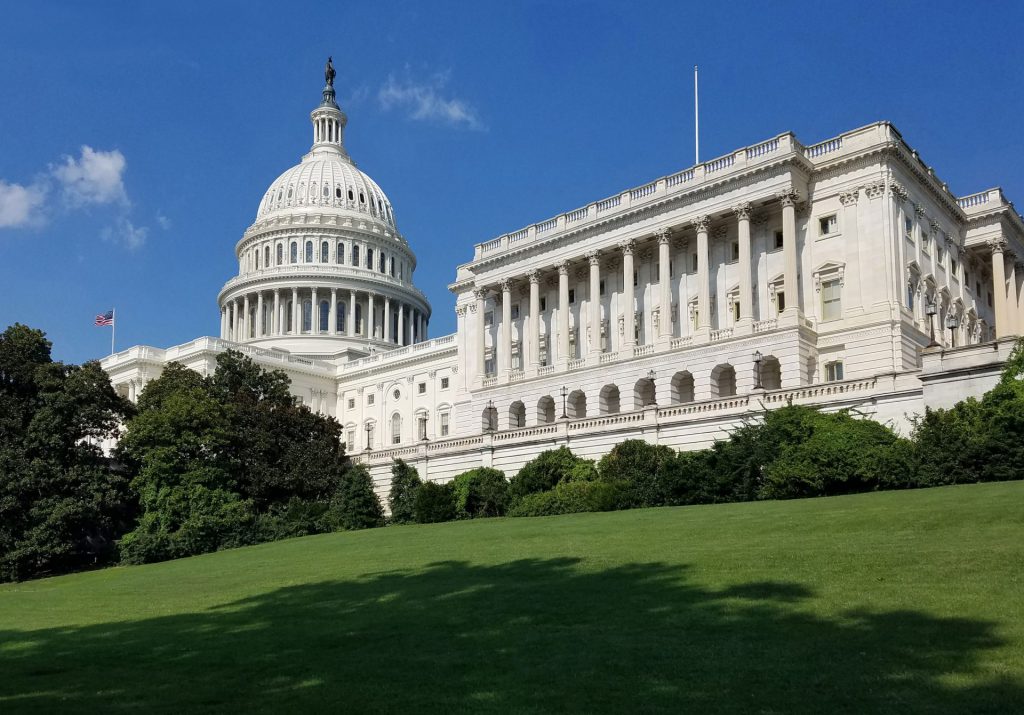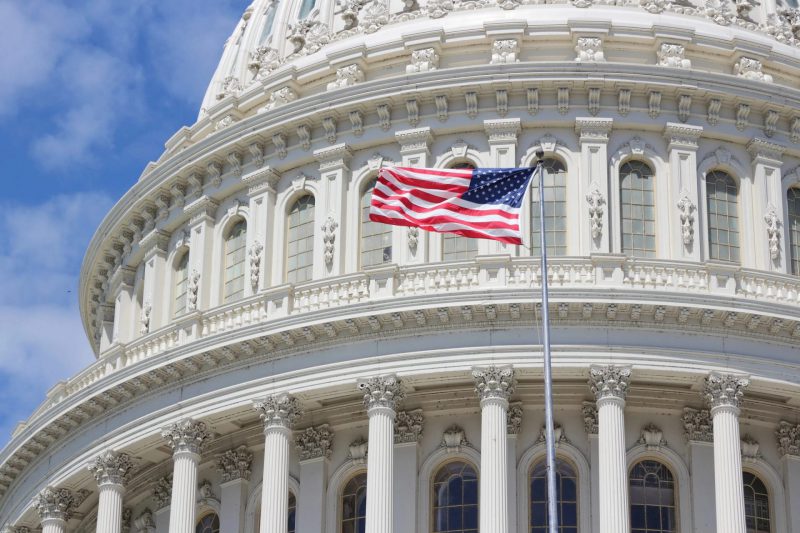Republicans on the House Financial Services Committee are once again looking to establish regulations for stablecoins this week. A discussion draft bill is now available to the public, which will likely be the focal point of discussions with Democrats.
The bill would create a definition of “payment stablecoins,” specifying what types of entities could issue them and defining how these companies should handle reserves. It does leave out algorithmic stablecoins. However, it also repeats clauses stating that an issuer can either be a subsidiary of a federally insured depository institution, or a state or federally-regulated nonbank company.


In addition, the draft bill also declares the following:
- Stablecoins must be fully backed by safe reserves that are subject to monthly reviews by registered accountants
- Stablecoins are not securities
The latter declaration is a big one, as it settles the ongoing controversy on whether tokens are securities or commodities. Therefore, the Commodity Futures Trading Commission would oversee stablecoin trading, not the SEC.
Additionally, the draft bill on Stablecoin gives a bit more power to the states and their approach to stablecoin enforcement. In particular, it gives consideration to state-based licensing. However, it also provides that the federal reserve can overrule an enforcement disagreement.
According to CNBC, the new draft bill is half the length of the previous draft. It focuses on rules governing the registration and approval process for individual prospective stablecoin issuers.
Democrats are already skeptical of the draft. It was drafted by House Republicans without Democrat input. Last week, Rep. Maxine Waters (D-Calif.), the senior-most Democrat on the committee, said the legislative body should be “starting from scratch,” in regard to the new bill. Therefore, it is early to say if this draft will receive the bipartisan support it needs to become a bill.





